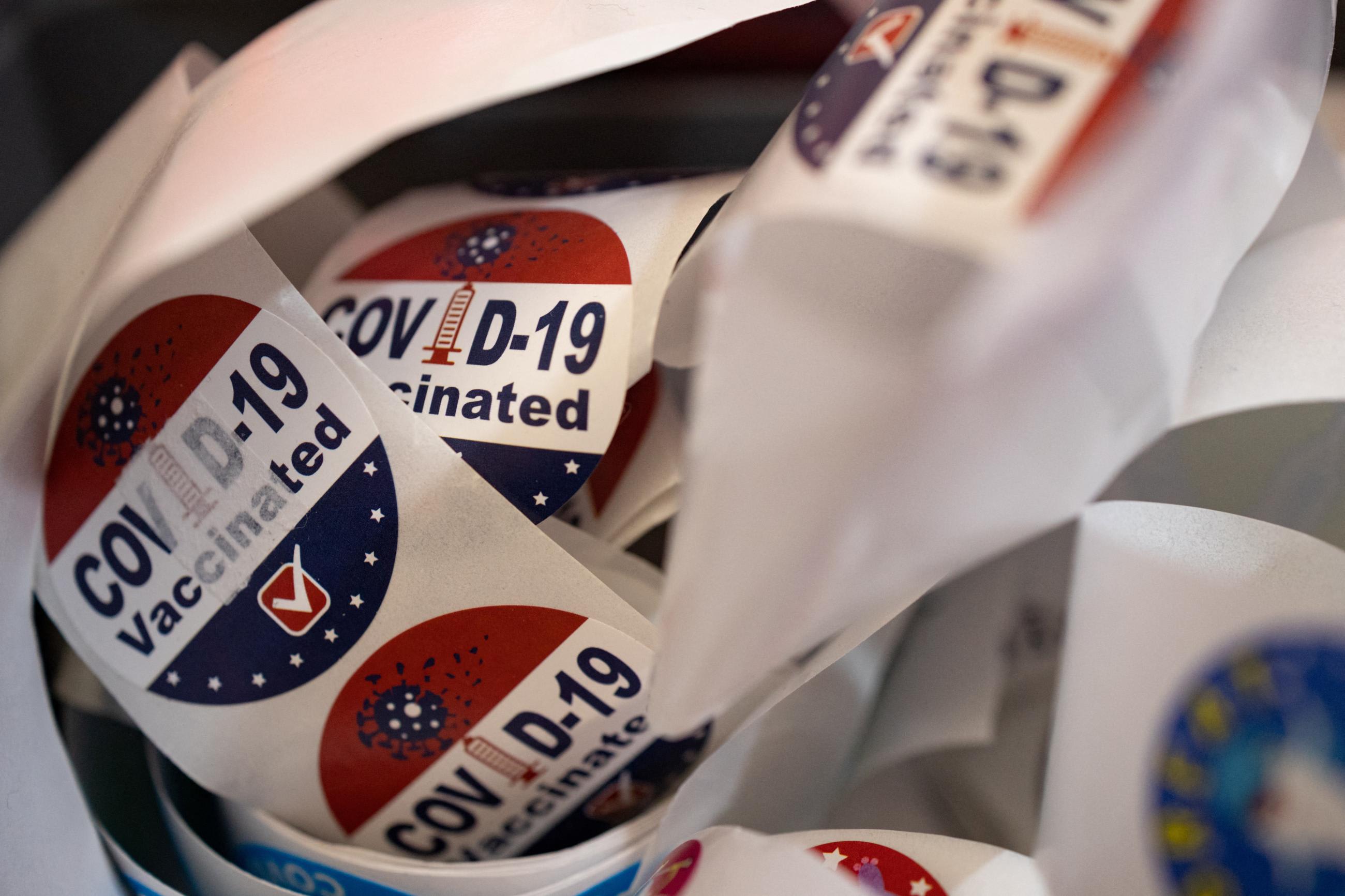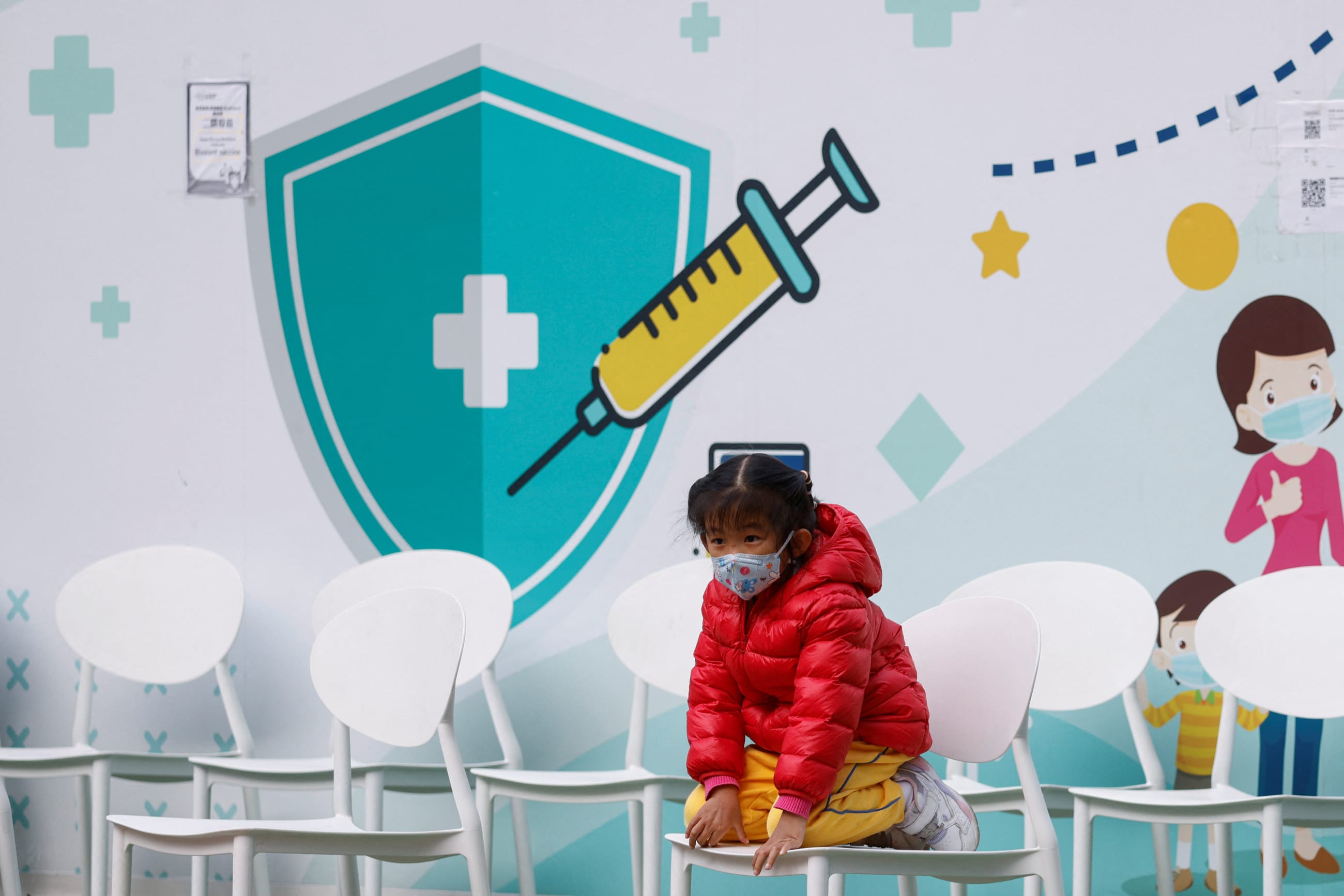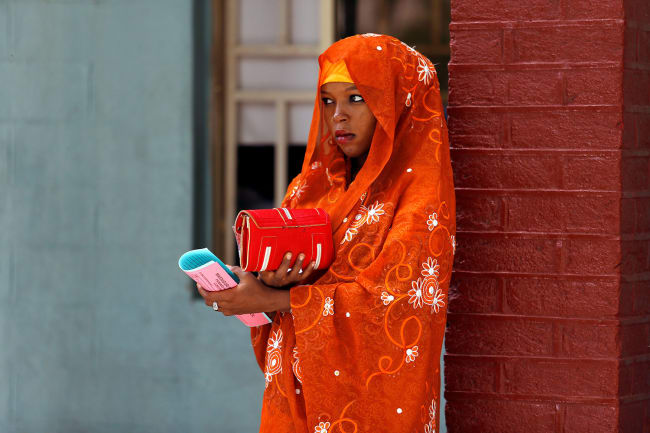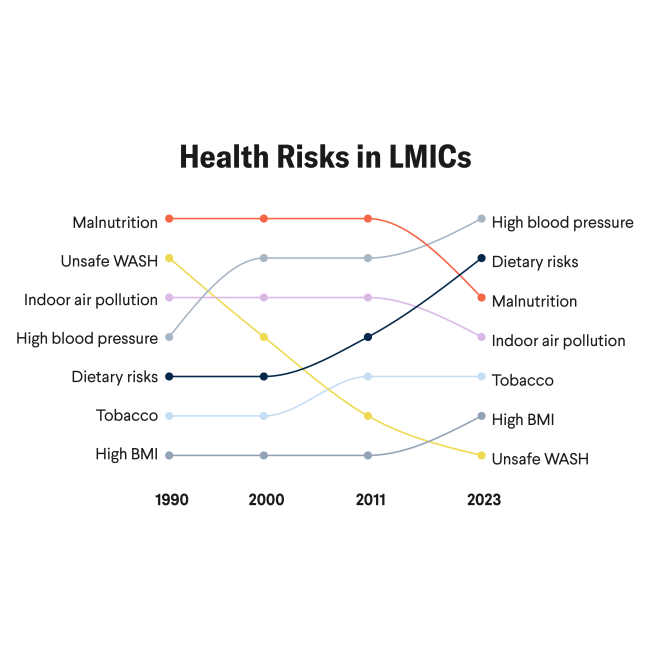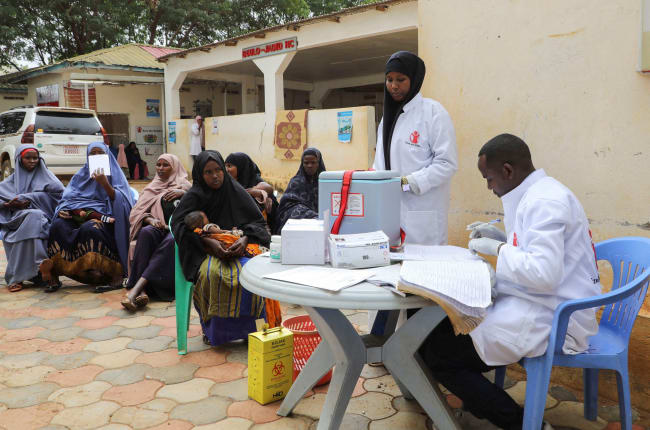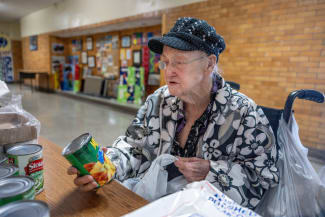World-spanning studies are not new to the Institute for Health Metrics and Evaluation (IHME) at the University of Washington, which for years has coordinated the renowned Global Burden of Disease Study. When the COVID-19 pandemic hit, it was natural for the organization to shift its focus to how the new virus was affecting communities across the globe.
Recently, in collaboration with the Ludwig-Maximilians-Universität in Munich, the University of Maryland, and the private company Meta, IHME surveyed people in twenty-one diverse countries to understand how the pandemic has changed everything from family finances to educational prospects to trust in government. Think Global Health spoke with Dr. Ali Mokdad, chief strategy officer for population health at the University of Washington and professor of health metrics sciences at IHME, about their findings.
□ □ □ □ □ □ □ □ □ □ □ □ □ □ □
Think Global Health: How would you explain the importance of this study to a person on the street? Why were these an important set of questions to pose?
Ali Mokdad: It's important not only for the person on the street, but also for decision-makers, in order to identify what COVID-19 has caused in their country.
Think Global Health: What are some of the most actionable findings?
Ali Mokdad: Let's talk about health-care access. Early in 2020, I had scheduled a dentist appointment. But when the pandemic began, I was like, "I'm not gonna see a dentist," so I delayed it. I was afraid of getting COVID and I isolated myself. Many people delayed care for such reasons before a vaccine was available. But we see from the survey a continuation of delay due to cost and people's not being able to afford a visit or care.
The survey shows that many people delayed care like this: 44.5 percent of all our respondents with a health condition were not able to access care when needed. The percentage of people who said "I delayed medical care" varies from about 73 percent in Vietnam to about 13 percent in Japan, so… huge variation. The top reason, when we asked them, was the cost. Almost 40 percent didn't have the money.
Many of these countries have national health-care systems, which shows us that even when people have health insurance, they were not able to seek medical care because of the expense.
Policymakers need to educate the public about why it's very important not to delay care
Policymakers need to educate the public about why it's very important not to delay care. For the government, the cost of prevention is much less than the cost of leaving a condition untreated. The government will save money if it helps ensure that the working population is healthy.
That means not only providing medical care and improving its quality, but also increasing the accessibility of that medical care in terms of transportation, its out-of-pocket cost, to make it very easy for people to seek care, especially preventive medical care.
Think Global Health: The survey also had some interesting findings about trust.
Ali Mokdad: The good news for us in the health field is that people have the most trust in health professionals and scientists; less so in community leaders, government, and people who are elected; and even less in religious leaders. The sad news is the lack of trust in government. If you don't trust your government, you're not going to listen to the advice from the government. And if you lose that trust, it will be very hard to rebuild it. Leaders must talk to the public, show that what I'm recommending for you is also for me. You build trust by saying, "what I'm recommending to you, I'm doing it myself."
Think Global Health: What did your survey show about how the pandemic influenced education?
Ali Mokdad: Mainly what we have seen is a decline in skills, especially math skills. In many low-income and middle-income countries, females were more affected when it comes to education than males—that is a little bit the reverse of countries like Japan and Indonesia. And that's scary.
At IHME, in collaboration with the World Bank, we do something called the Human Capital Index. When you look at a country's workforce, those ages twenty to sixty-four, how healthy and how educated they are will largely determine the country's economic development. Health and education are good for individuals, but also for the economic development of the country. How healthy and educated its working force is is strongly associated with economic development.
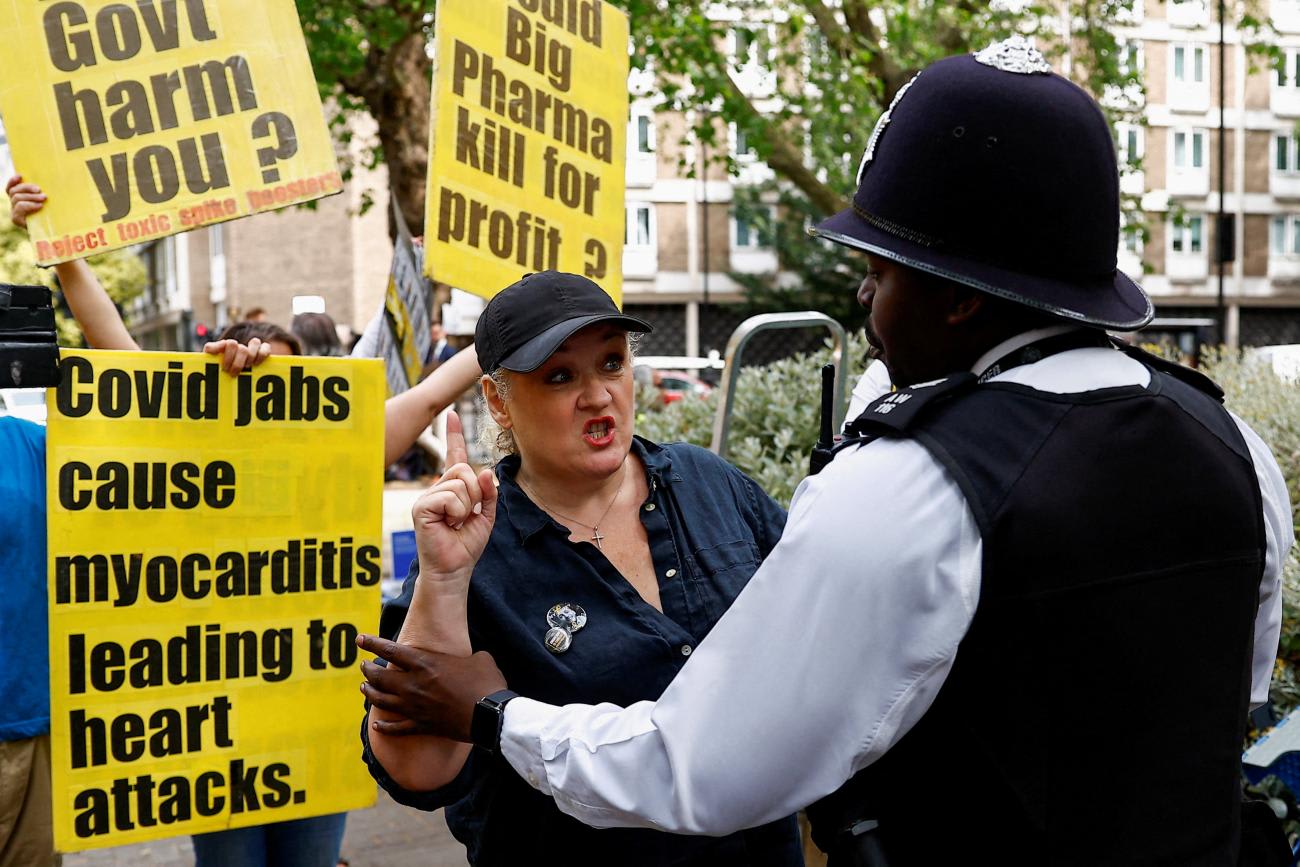
My concern, especially for females and teenagers, is that those who drop going to school or move to online and never go back. And if they dropped out of college, that they never go back to finish because their family says, "Enough is enough, get a husband and just be a housewife." And that's a big concern, because it will affect their health in the future.
Think Global Health: The survey also measured food security.
Ali Mokdad: When we asked, "can you afford to buy more food?" 28 percent of respondents said they "sometimes" or "often" didn't have enough food to eat. In many countries I know, such as Nigeria, South Africa, Egypt, Colombia, Peru, and even Indonesia, the family will prioritize the children to make sure they get enough food. And who will suffer the most from not getting enough food? The woman in the house. My mom will stop eating if we don't have enough food to make sure myself and my sisters have enough. So that's scary. Nobody should go to sleep hungry in this day and age with all the resources we have.
Think Global Health: What did the survey show about beliefs in vaccines?
Ali Mokdad: We were surprised how low vaccine confidence is and how much it varies by country. Somehow, during COVID-19, we lost a lot of the gains we had made on vaccines.
From a scientific standpoint, the vaccine rollout was done by the books and was safe. There are articles about mRNA and its potential for vaccines and medications from way before I was born, and I'm an old dude with white hair. So this is not a new technology. But it was adapted to provide the vaccine, and two physicians just received a Nobel Prize for that work. We didn't do a good job of explaining to the public, though, that this has been going on for a long time.
Social media didn't help because everybody could attack, everybody could have a voice, especially if they were a physician and especially if they had a British accent.
Nobody should go to sleep hungry in this day and age with all the resources we have
There was also a mistake, especially here in the United States, to promote the vaccines as if they would prevent you from getting the disease. That was a big mistake. We should have promoted the vaccine like we do the flu vaccine: "You're still gonna get flu, but it will be very mild, you're not gonna die, and you're gonna go to the hospital." Instead, the vaccine was promoted like a childhood vaccine: "If you get the polio vaccine or the measles vaccine, you're not gonna get measles, you're not gonna get polio." But with the COVID-19 vaccine that wasn't the case.
I got four shots, and I got COVID-19 after my fourth. I didn't take the vaccine in order to avoid getting COVID-19. I got it because I didn't want to end up in an emergency room or a morgue. That's why I got the vaccine. But many people who got COVID-19 after getting the vaccine asked themselves, "Why did I get the vaccine if I got COVID-19?"
We also didn't do a good enough job involving marginalized groups and lower-income countries in the early stages of designing the vaccine. We just developed this vaccine and said, "now take it." In retrospect, it's easy for me to say we should have involved everybody—and in fact it's very difficult. But that's how you build confidence.
If we hadn't developed a COVID-19 vaccine, we'd have lost hundreds of millions of people. It saved a lot of lives. Unfortunately, it wasn't portrayed as having done so.
Now we're seeing a decline in vaccine confidence for childhood vaccines. So governments have a lot of work to do.
Think Global Health: The survey was just a snapshot in time. Is there comparable data from before the pandemic to show how confidence levels have changed?
Ali Mokdad: Not for all twenty-one countries—but in countries that have data, confidence has declined. Vaccination confidence was declining before COVID-19, but it's in a sharp decline now.
Think Global Health: In countries with very low rates of confidence, does always that correspond with low rates of vaccination? Or are people expressing more skepticism than they practice?
Ali Mokdad: Expressing more skepticism than they practice. If you look at Brazil, for example, about 35 percent said that the vaccines were sometimes effective or not effective, yet Brazil has a very high vaccination coverage for COVID-19. People, when you ask them about something, they're more likely to tell you what they feel about it recently. So when you survey people in Japan and only 48 percent of them say that the vaccines are safe, and the rest said "sometimes" or "no," that's more about what's happening right now, as vaccination coverage in Japan is very high.
Think Global Health: Does the survey give us any ideas about how to unwind some of this mistrust?
Ali Mokdad: It's difficult because people sometimes don't tell you exactly what's driving it. Honestly, I blame a lot on misinformation, especially on social media during the pandemic, but public health institutions should also acknowledge their mistakes.
About 35 percent of people in Brazil said that vaccines were sometimes effective or not effective
Think Global Health: Do governments know how their populations are thinking about these issues?
Ali Mokdad: If you can't measure something, you will never intervene on it—if you don't put a number to it and say that's how big it is. Then you need to monitor it and see whether whatever policy you put in place has succeeded in bringing the number down. Otherwise it will never happen. Politicians and government officials need a study like this to remind them that they need to invest in it, and to spend a lot of time on it.
Think Global Health: Do you think there will be a follow-up survey?
Ali Mokdad: We would love to do a follow-up. We are talking to Meta. We're also using our Global Burden of Disease collaborator networks; we're presenting the results to officials. So, we're going around telling people what we are seeing.
For me, as someone who has been doing population health for a long, long time, I knew a pandemic like COVID-19 would have a serious impact on health, education, food security—I knew that. We were bracing ourselves for it. But honestly, I was shocked by what we are seeing. I was shocked by the amount of people are not able to buy food, delaying their medical care, education declining.
We're not heading in the right direction in some of these countries. COVID-19 either uncovered our problems or increased them. So this survey is a wake-up call for all of us. Nobody should be blamed for it. We're all responsible for it, though: scientists, military, academia, religious leaders. We all have a role to play. Countries should work together to solve these problems.
